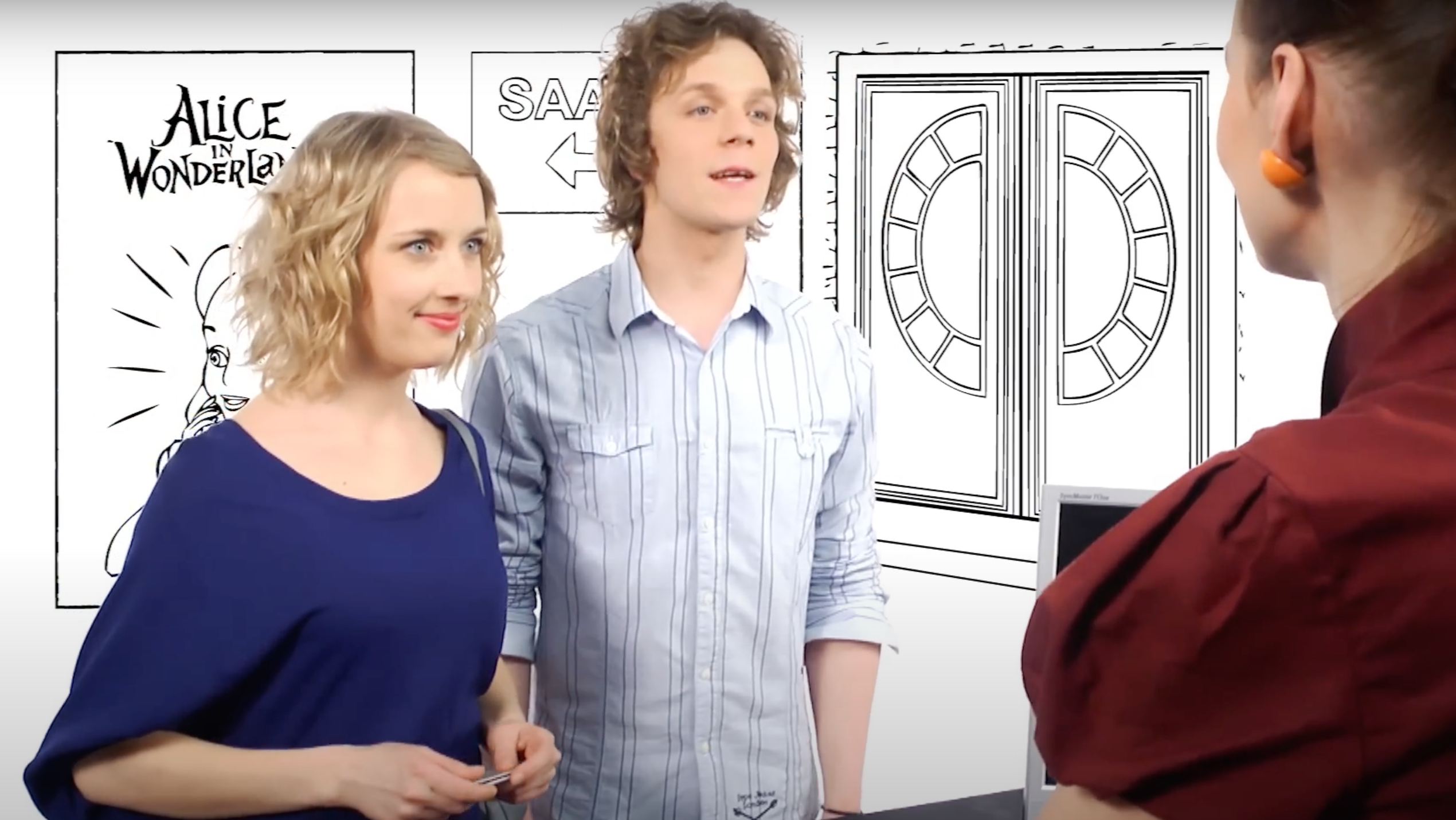“Jõuluvana is coming! Jõuluvana is coming!”
For many, Christmas is a joyous time filled with warmth, family, food, singing and presents. For others, the holiday season can be a time of stress, especially these days, as budgets become tighter, and the items on our shopping lists have become more expensive.
I believe it is now more important than ever before to focus less on material goods and more on connecting with our loved ones. As the saying goes, the child throws the toy to the side and plays with the box instead. Imagine joining in on the fun and sharing a lifelong memory as you play with the proverbial box together. A moment filled with genuine joy, an opportunity to praise and encourage your child’s creativity and imagination as they transform something simple into something magical.
Expressing Appreciation
This thought is inspired by a quote from William James, a psychologist and philosopher: “The deepest principle in human nature is the craving to be appreciated” and Dr. Kenneth Barish’s thought that “we should express appreciation often to our children – for the little things they do.” Appreciation can become an anchor in your child's life as they go through waves of self-doubt or discouragement. When we say that we are proud of our children, highlight their efforts or applaud their moments of compassion, then we strengthen these qualities and often receive gratitude in return.
The marriage counsellor and best-selling author Dr. Gary Chapman wrote The 5 Love Languages theory, which says that we all express love, and experience it, in the same five ways—through physical touch, gifts, words of affirmation, acts of service, and quality time—but everyone has one way that matters most to them. He later expanded the theory to children in The 5 Love Languages of Children, encouraging the communication of love in the language that matters most to one's child, so they can feel genuinely loved.
The gift of appreciation can be simple expressions or acts depending on how they express or experience love. This could look like snuggling on the couch in pyjamas while you watch Christmas movies if they prefer physical touch. It could be quality time or helping with their chores as an act of service (and appreciation) for their participation in household duties all year long. Even if your child does value gifts, then it might mean being more intentional or thoughtful with the gifts you choose to give; such as ones that connect with their interests, strengths, or goals. As they unwrap gift after gift, the one that may be most memorable is feeling your love, praise, encouragement and appreciation.
Tying in Family Traditions
Family traditions are activities that are passed down between generations and often serve as a special bonding experience. Research has found that family traditions provide families with a sense of strength, identity, belonging and generational continuity. They can be a source of connection between us and our heritage, through food, music, language, and other fun activities.
My Estonian family traditions are my favourite part of Christmas and have brought me a lot of comfort over the years. Most importantly, they have brought a deep sense of closeness within my family. Like many, the last few years have taken a toll on our family traditions as we weren’t gathering how we normally would. And it's taken perseverance to get through unique times while raising little (or not so little) ones. Although we did our best attempt at keeping up with family traditions, there was something sad about doing them virtually or missing half of our family members. While separated, we could easily buy a gift and have it delivered to anyone in the world, but what was missing was the hug and “thank you” afterwards. That is why, for me, the gift of appreciation extends into family traditions as I hope to catch up on the missed time, while starting a few new traditions with my two-year-old that will make childhood memories to look back on.
Final Thoughts
This year, let us give the gift of appreciation to our children, loved ones, coworkers, even a stranger or two, but most importantly let us honour ourselves. Children learn and imitate behaviors by watching and listening to others. When we celebrate ourselves, our children learn to celebrate themselves as well. Thinking about your love language, I hope you create opportunities throughout the busy holiday season to shower yourself in love and gratitude in the way that matters most to you.
About the Author
Ivi Lindau is a Child and Family Therapist and registered social worker with her own private practice, Time In Therapy. She holds a Bachelor's degree in Child and Youth Care from Humber College and a Master's degree in Social Work from the University of Toronto, specializing in Children and Families. Her extensive work in community-based organizations includes Dixon Hall Neighbourhood Services, Native Child and Family Services of Toronto and Catholic Family Services of Peel-Dufferin. Learn more at: www.timeintherapy.com.




